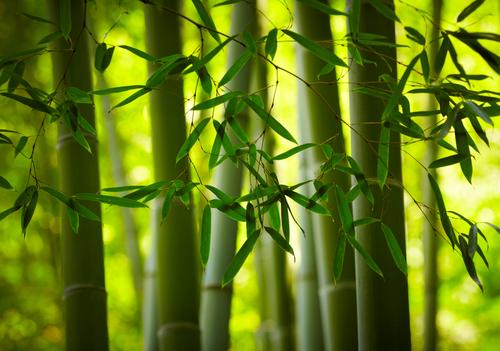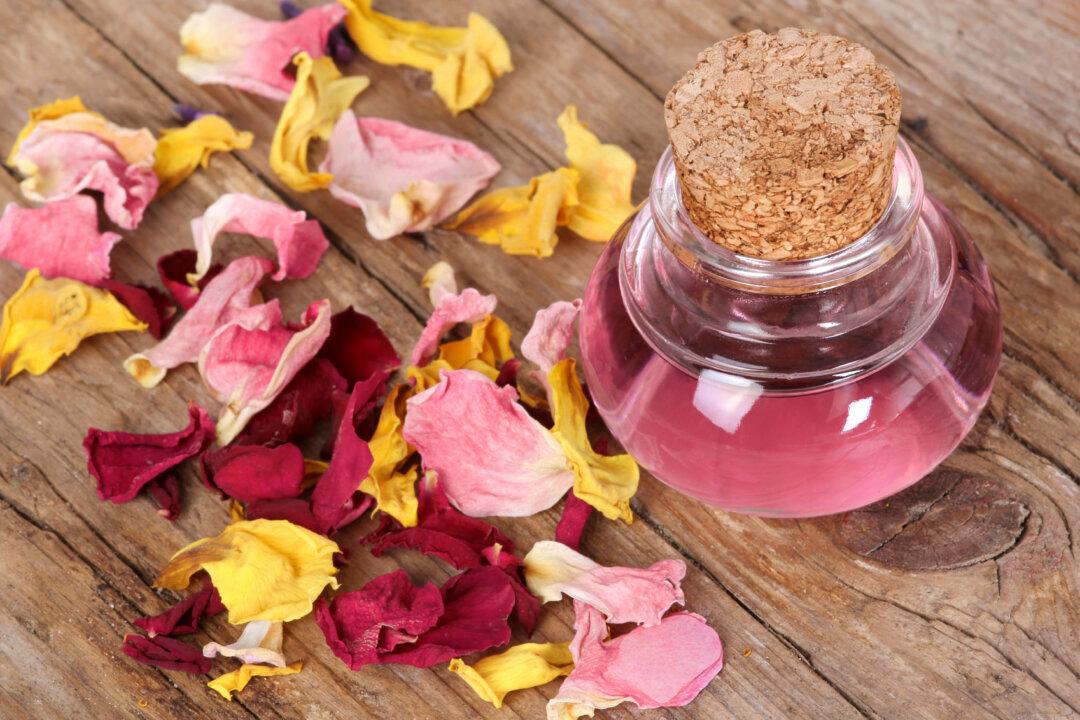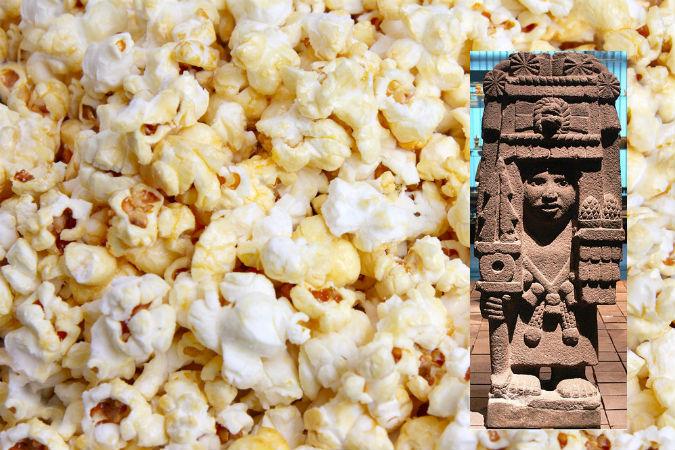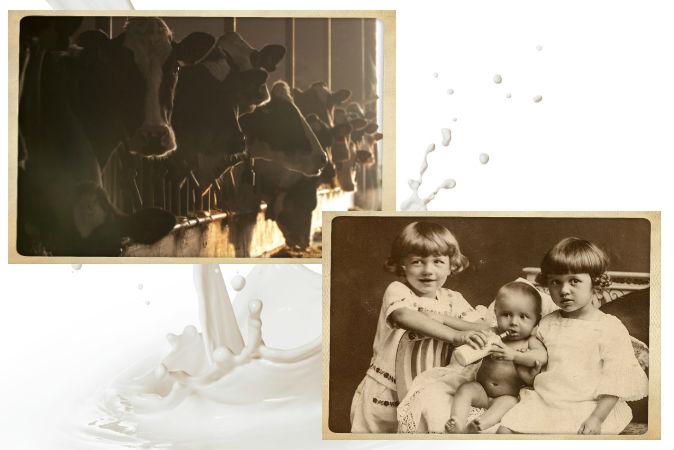While clothes marketed as organic bamboo fabric are gaining popularity worldwide, it turns out no organic bamboo textiles have actually been certified. Behind the apparent fraud is the Chinese industry giant Tenbro.
The amount of “organic” bamboo fabric Tenbro exports annually is 20 times greater than the amount of American-produced organic cotton exported annually. Yet the Global Organic Textile Standard (GOTS) public database, the leading authority on certification, does not contain any “organic bamboo.”
In Europe and Japan, sales of this non-existent material are on the rise, and organic bamboo bags and clothing are marketed as the “new organic cotton.” Organic bamboo textiles are sold as environmentally friendly, natural, anti-bacterial, and breathable.
Shanghai Tenbro Bamboo Textile Co., Ltd. and the related Jiago Chemical Fiber Co, Ltd. actually exported 216,000 tons of fabric with a false internationally accredited organic certificate. The company’s description of the fabric reads: “Trendy Bamboo fibre materials. Nature, Organic, Elegant.”
The company was reported for seal abuse, having used old versions of certification seals on its website without actually being certified, Lebi Perez, Inspection and Training Coordinator at the Organic Crop Improvement Association (OCIA) told Epoch Times via email. OCIA certificates comply with the International Federation of Organic Agriculture Movement (IFOAM) guidelines and are supported the world over.
Viscose Rayon
The silky material known as organic bamboo is actually viscose rayon made from bamboo fibers. Actually, what Europeans and Japanese are buying is viscose rayon made from bamboo fibers. Truly organic bamboo textile would be coarse, not having the smooth texture of rayon.
Rayon is not an eco-friendly alternative to cotton textiles, since it takes almost twice the energy to make compared to cotton-based textiles. The process of making rayon also involves many chemicals and it eliminates some natural benefits of bamboo, such as it’s anti-bacterial effect.
The most common solvent used in viscose rayon production is carbon disulfide, which is highly toxic and a dispersant (50 percent of the substance is released into the air when used in production). A newer form of rayon, Lyocell, dissolves plant fibers with the somewhat less toxic amine oxide. However, Lyocell depends on nanotechnology for fiber shaping, which is a technique not fully understood for its impact on human health, according to the Natural Resources Defense Council.
In the United States and Canada it is illegal to market rayon made from bamboo pulp as “bamboo.” It should be labeled “rayon” or “rayon made from bamboo.” The U.S. Federal Trade Commission (FTC) has warned the public about chemically-made rayon sold as natural bamboo textiles and sued several major retailers for misleading consumers.
Is Tenbro the only company doing this? Tenbro holds a vague patent in China on bamboo rayon. It will “sue any illegal overseas buyer of bamboo fiber products ... accredited by the State Intellectual Property Bureau,” according to their website. They will “take legal actions to those suppliers with fraud intellectual properties or pirating our intellectual properties.” It is not entirely clear what this means or what legal claims Tenbro makes.
The Organic Bamboo Textile Dream
It is possible to grow bamboo in a natural way, even if the organic status of textiles is cast in doubt. Since 2012, a specific organic bamboo grove standard has been in place. If a grove is on clean soil, uses pure water, adds no pesticides or chemical fertilizers, and does not grow bamboo in a monoculture, it can be qualified as “organic bamboo.”
Actually, the fast-growing plant is used in reforestation efforts to regenerate bare soil and raise groundwater levels. This is how bamboo earned its reputation as a natural and environmentally friendly crop.
Traditionally, it was common sense to plant the versatile crop in gardens. According to drawings of the “four gentlemen” on the Chinese website Minghui.org, plum blossoms, orchids, bamboo, and chrysanthemums have traditionally represented integrity and are valued as true artistic subject matter in Chinese culture. Bamboo represents “morality.”
It is also possible to make textile fibers from the softer inner bamboo stalks and leaves mechanically, and mix them with other fibers into a textile you could make cloth from. However, this kind of natural bamboo textile is still in development; it is not mass-produced and not commonly for sale.
Certified organic bamboo is used for food or medicinal purposes, or construction, not for textile production. IFOAM is currently recruiting for the Bamboo Switch-Asia project. This project “funded by the European Commission addresses the urgent needs in China for increasing safety and green practices in agro-food processing. More precisely, it aims to transform the highly polluting and resource-consuming edible bamboo shoot industry into a sustainable value chain.”
*Image of bamboo via Shutterstock




